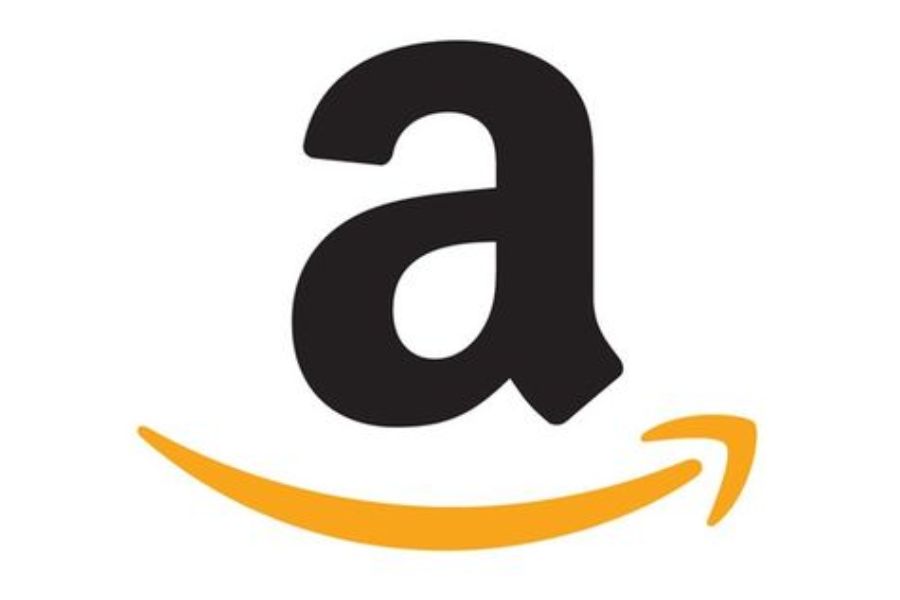The decision of whether or not to sell your brand on Amazon in the first place is one that many companies deal with.
The decision comes down to two main questions:
- Is it beneficial to my brand?
- Can I make money?
Is it beneficial to my brand?
The health of a brand is a long term consideration and exposing your brand on Amazon has implications.
If you have resellers, whether or not you sell on Amazon, you should register for Amazon Brand Registry. Any brand that has a patent can register and it is essential to manage your brand on the platform and to protect yourself from trademark infringement.
Having your brand on Amazon is usually a good thing. You get exposure from the biggest retailer in the world. Consumers prefer to buy on Amazon and if you are not learning how to master the Amazon strategy, you are missing out.
Some concerns that brands have to do with horror stories of Amazon seeing which products do well, creating their own version, then competing with them. This is a risk on any third party marketplace where sales history/success is made public (eBay with Terapeak/# sold, Amazon with Sales Rank). The risk is not just from Amazon but any other seller who is monitoring successful products. Risk from competition will always exist and as a brand owner it is your job to build your brand equity such that it stands out from competitors.
Note that we are only considering whether or not to sell on Amazon via resellers or directly, not via Vendor Central, which is a whole other topic (Selling to Amazon directly, resulting in the product being “Sold by Amazon”).
Another argument that occasionally comes up against selling on Amazon is that it will “cheapen the brand”. Being associated with being sold on Amazon itself is not really an argument these days for cheapening most brands. Unless your whole distribution chain is designed to be very limited such as in high end retail/fashion, this is not something to worry about.
What does matter is if you are not the only seller (or if Amazon sells directly), there is the possibility of price discounting harming your brand. Amazon will actually automatically opt-in all sellers to a “Discounts Funded by Amazon” program that allows Amazon to automatically discount products. The only way to opt out is for sellers to open a seller central support ticket to opt out. If you are going to sell your brand on Amazon, it is important to have a good MAP policy (Minimum Advertised Price) and use a service to enforce it, such as MAPSentry.
Can I make money?
To understand if you can make money on Amazon, you need to be aware of all the fees. Be sure to read our blog “A Breakdown of Amazon Fees” in detail.
For the expected revenue, the best way to estimate how well a brand will do is to look at similar brands and use a took such as AMZScout to get a ballpark of their monthly revenue. You can’t expect to do as well as established brands on Amazon right away, so make an assumption of what you can do for sales as a % of the established players. Of course, you won’t really know how much you can sell until you actually do so.
Some brands decide to sell on Amazon even if they are breaking-even or selling at super low margins. They consider selling on Amazon to be free marketing and a way to build awareness for their brand.
Once you get an idea of costs and expected revenues, build a pro forma and get a clear picture of what to expect, then pull the trigger for a few months and see what happens!
A note about FBA
If you are going to sell on Amazon, the easy option is to do so with Merchant Fulfilled listings, where you fulfill the orders yourself. However, you won’t really know the potential of the brand until you do FBA.
FBA is beneficial for the following reasons:
- FBA listings get higher search ranking
- Consumers prefer FBA, leading to higher conversion
- Amazon FBA shipping rates are most likely lower than you will pay shipping the goods yourself
The drawbacks are:
- Learning curve to understand the whole FBA process
- Added leadtime to send goods to Amazon
- Amazon is notorious for messing up the inbound process and losing inventory. Make sure you keep track of this and request reimbursement for their mistakes.
- Strict requirements sending in goods to Amazon
The benefits are well worth it. Invest the time to learn the process as you are not truly giving selling on Amazon a chance until you sell via FBA.
